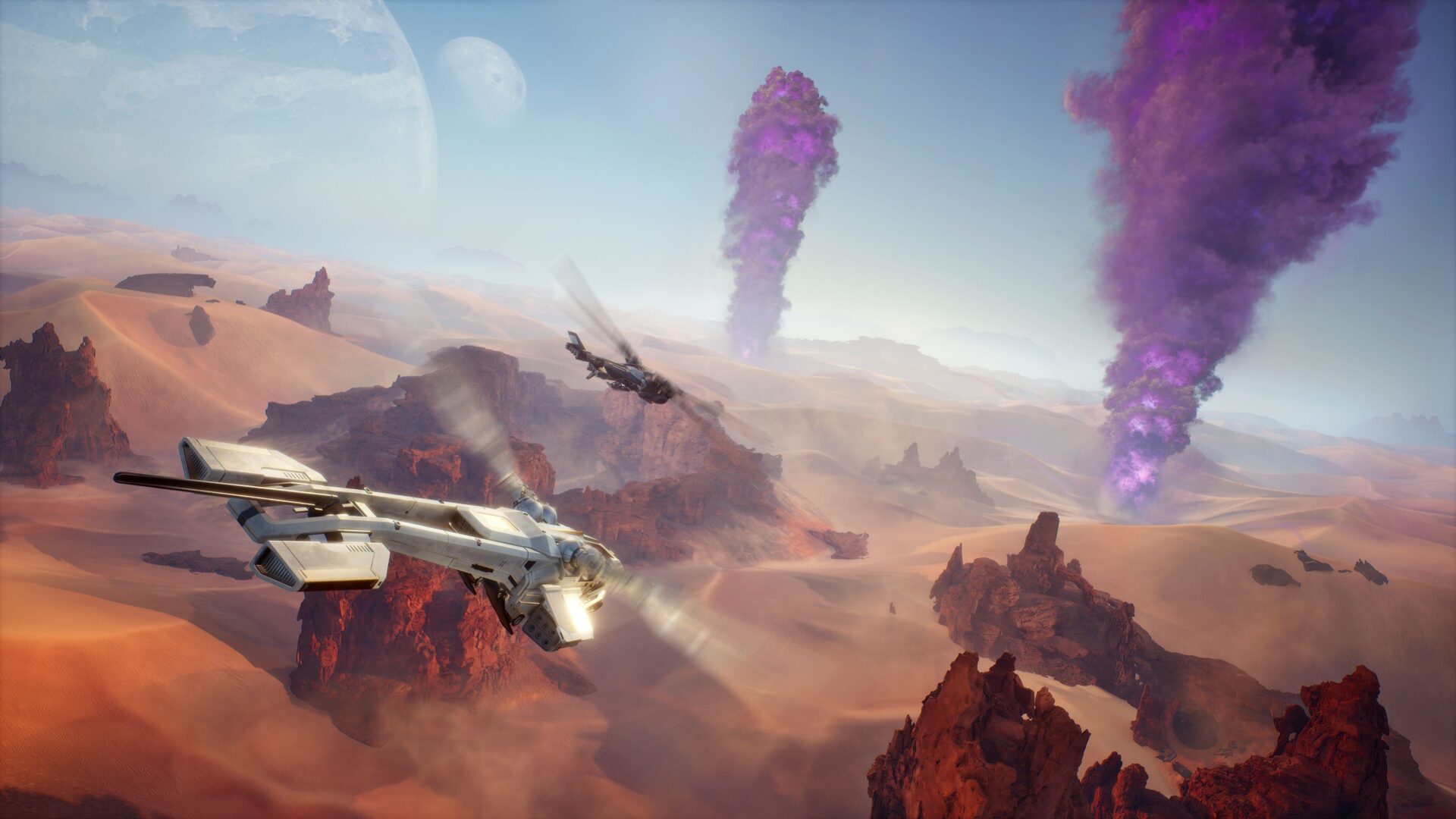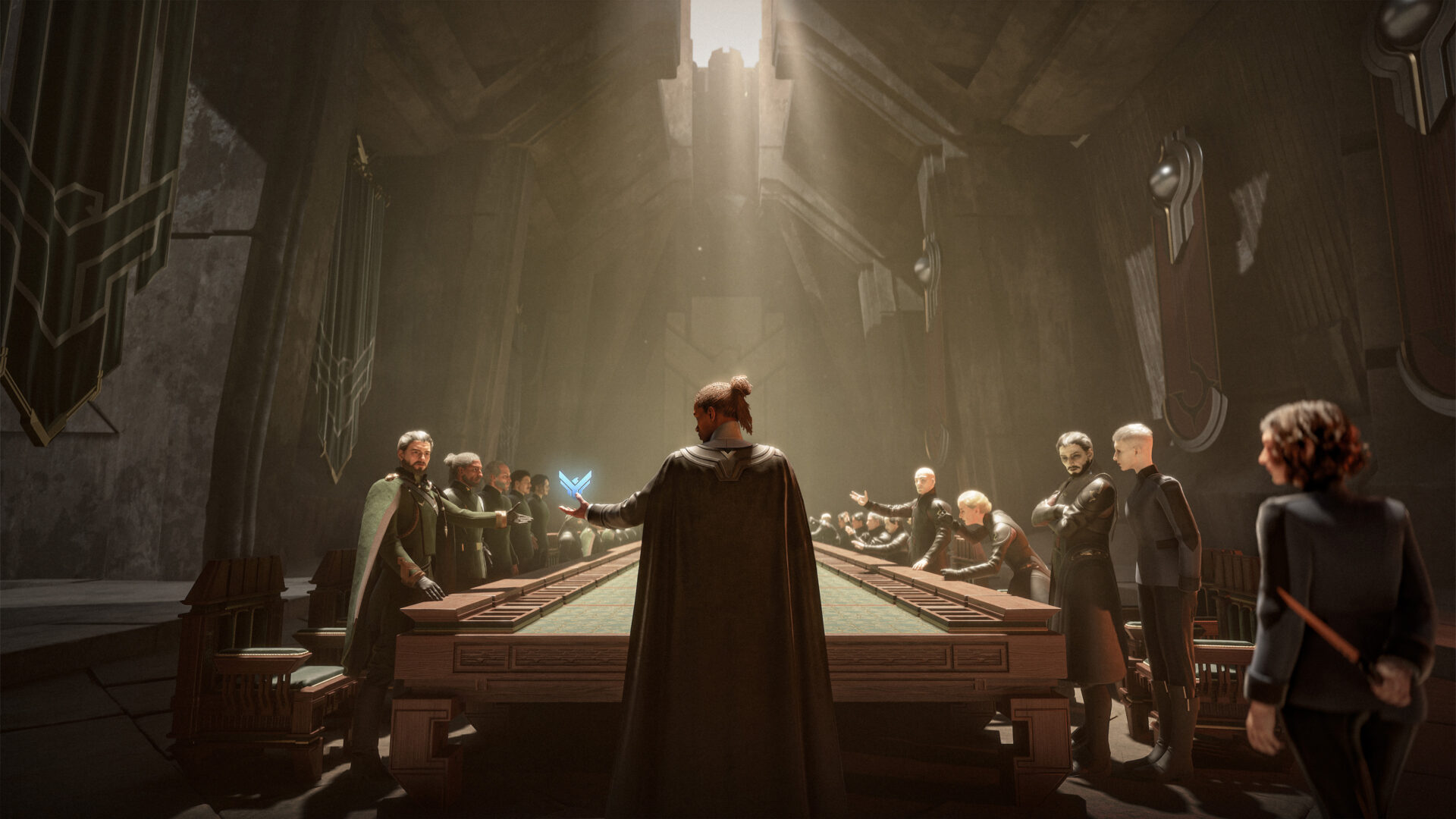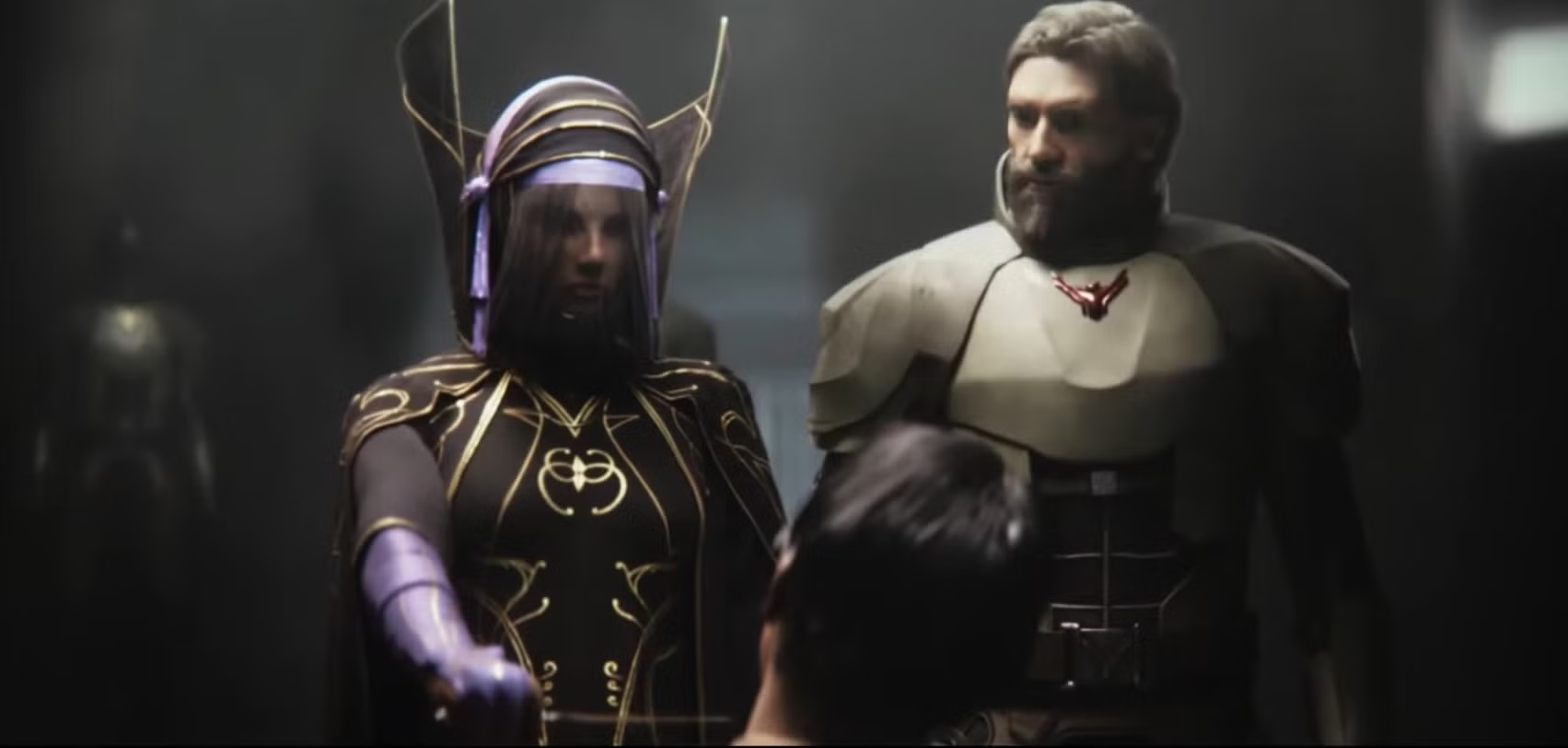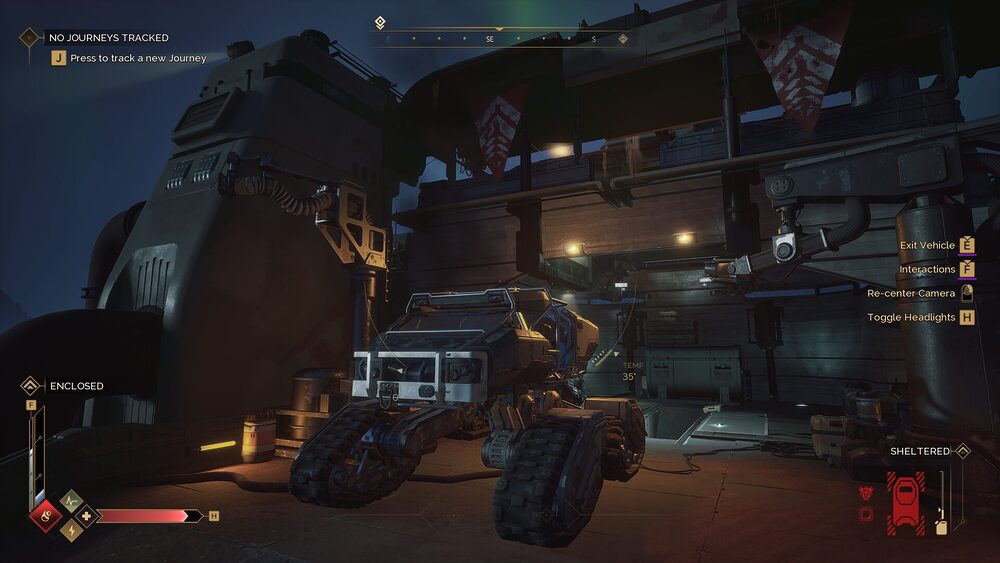
The development team behind Dune: Awakening has released a detailed statement responding to growing concerns among players regarding the structure and accessibility of the game’s endgame content—particularly for those focused on PvE.
The message, delivered by Joel from the development team, emphasizes a clear goal: ensuring that PvE players can fully participate in the endgame without being forced into PvP interactions. While the Deep Desert was designed as a high-stakes, high-reward zone with weekly resets and persistent tension, developers acknowledge that its current implementation has inadvertently excluded some players.
“No endgame plan survives first contact with the players,” the post notes, admitting that initial expectations didn’t entirely match player behavior.
Adjustments to Deep Desert Mechanics
In response, upcoming updates will introduce Partial Warfare (PvE) zones within the Deep Desert. These areas will allow players to explore, gather resources (including valuable Tier 6 materials), and engage with content without the constant threat of PvP combat. However, the most lucrative areas—Landsraad control points, shipwrecks, and spice fields—will remain War of Assassins (PvP) zones, maintaining the high-risk, high-reward dynamic for competitive players and guilds.
The developers also confirmed that the Deep Desert’s weekly resets will allow them to iterate quickly on layout, mechanics, and balance, with player surveys playing a key role in future changes.
PvP Rebalancing and Thopter Adjustments
PvP in Dune: Awakening isn’t being ignored either. The team admits there are systemic issues, and the first wave of changes will affect Scout Ornithopters—vehicles that have dominated PvP encounters. Planned updates include:
- Reduced speed and maneuverability for rocket-equipped Scouts
- Increased heat generation from their rockets
- Speed bonuses from thrusters, regardless of wing type
- A new T5 infantry rocket launcher to balance air-ground combat
Other PvP adjustments will address concerns around mechanics like respawn timing, vehicle storage abuse, and hand scanner exploitation. The goal is a more strategic and fair experience where players can choose to retreat instead of being forced into conflict.
“PvP should happen when both parties decide they want to fight over a location,” the dev team emphasized.

Landsraad System Overhaul in Progress
Attention is also being turned to the Landsraad, which serves as the overarching system for endgame progression. Designed as a political and faction-based activity hub, it currently relies on basic tasks like crafting and item hand-ins—an aspect the team admits is underwhelming in its current form.
The Landsraad will evolve to include:
- More varied tasks, including dungeons, contracts, and non-stockpileable delivery missions
- Framework support for potential future raid content
- Changes to prevent stockpiling from dominating progress
- Micro-rewards for solo and small-group players
Additionally, fixes are coming to address frustrations like being unable to hand in items once objectives are completed and the speed at which objectives are being turned in.
A Collaborative Vision Going Forward
The dev team reaffirmed its commitment to open communication and ongoing development, stressing that the live nature of Dune: Awakening makes it a collaborative effort with the player base.
“We appreciate your feedback on what we hope is the beginning of a long journey together,” Joel concluded. “Our intention is to make Dune: Awakening a game that everybody can enjoy.”
Further updates are expected as feedback rolls in and development continues, including both free content expansions and paid DLCs aimed at enriching the game’s PvE and endgame offerings.
This article is based on a public developer update posted by Joel from the Dune: Awakening team. You can read the original post here


